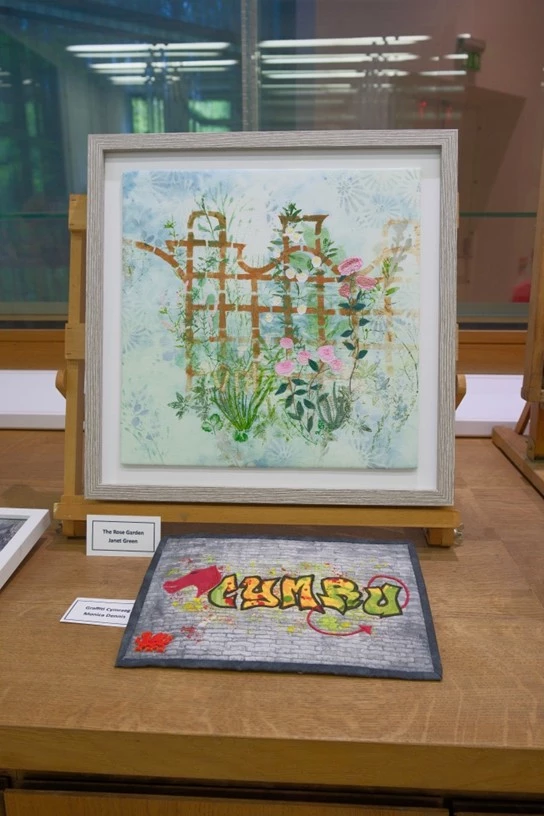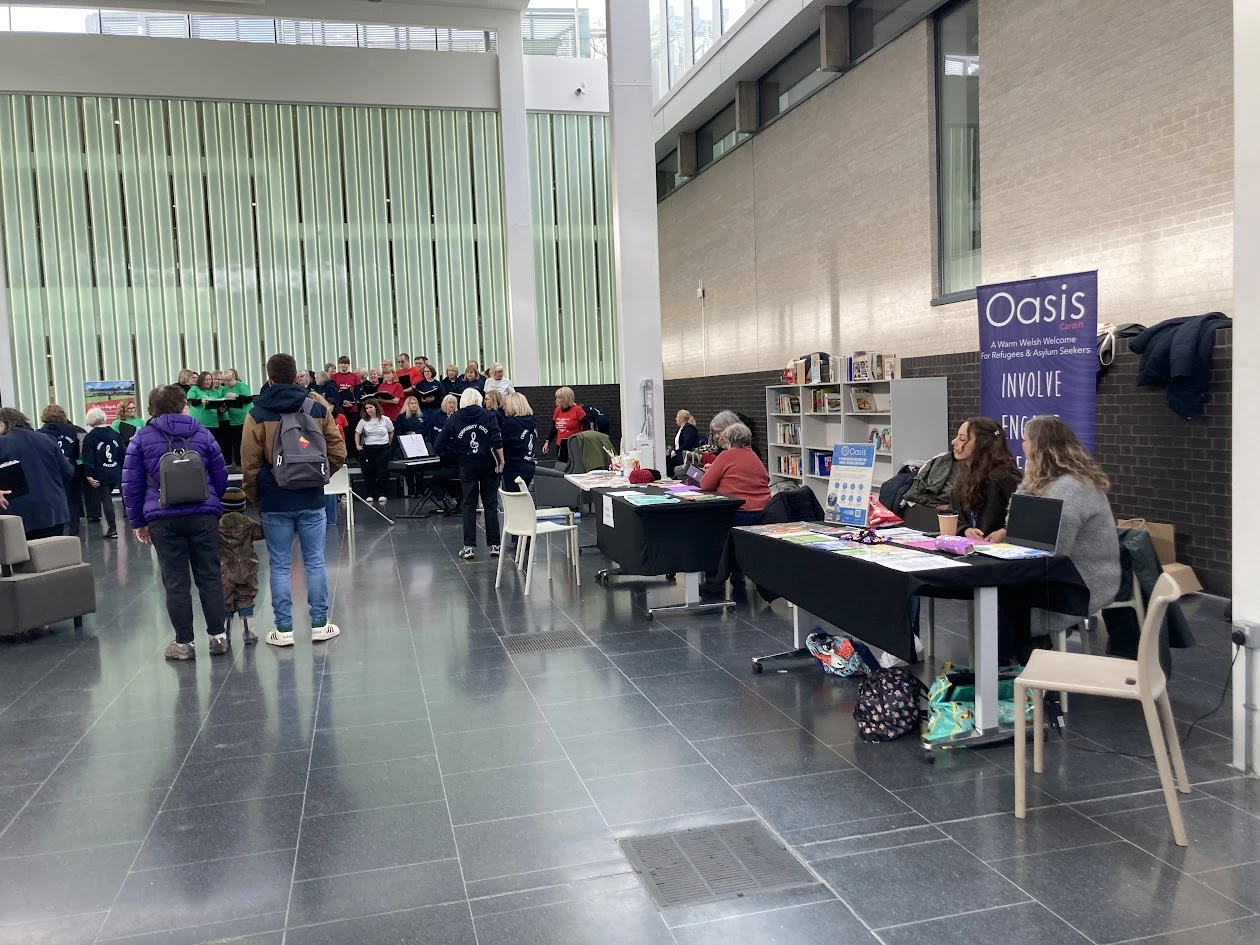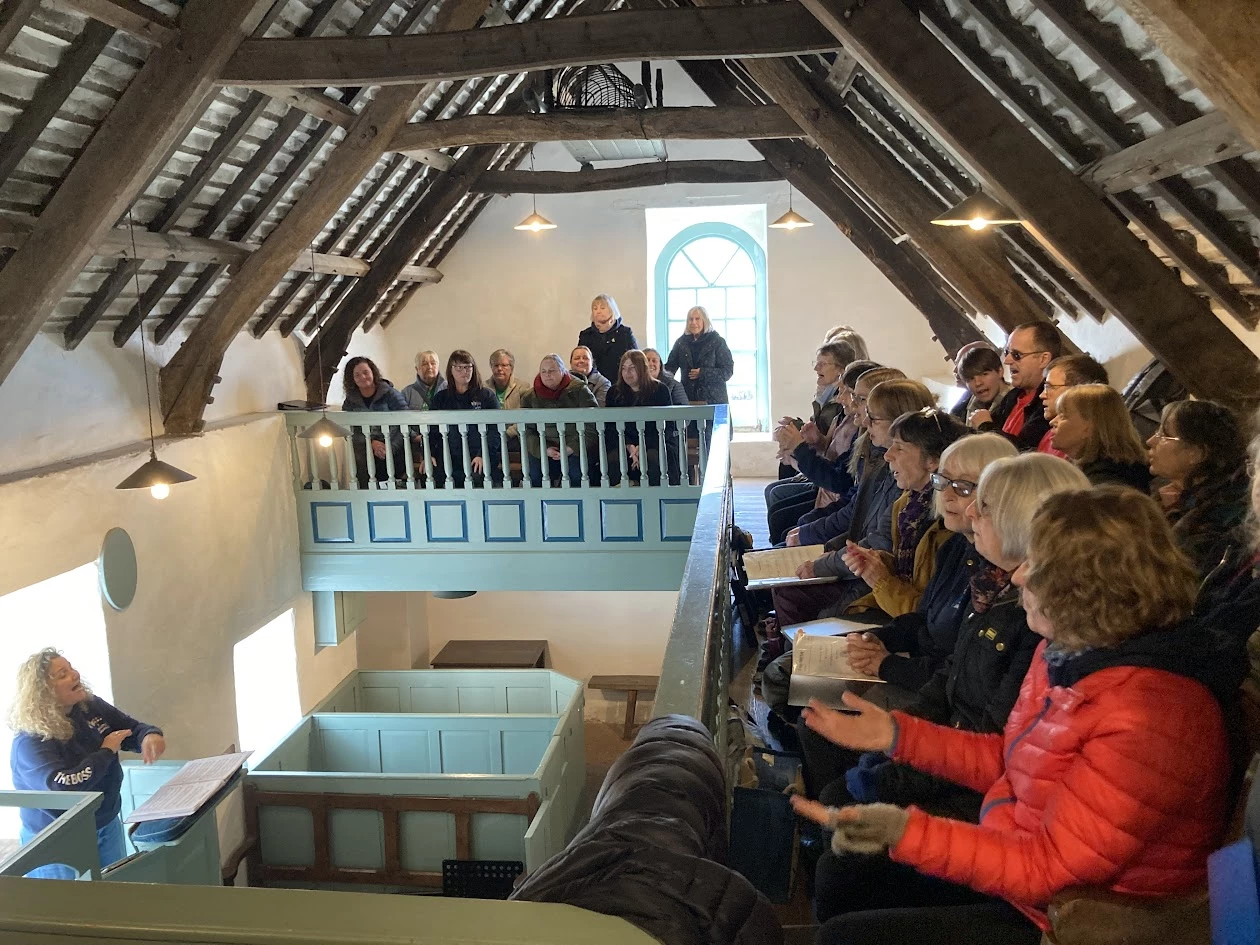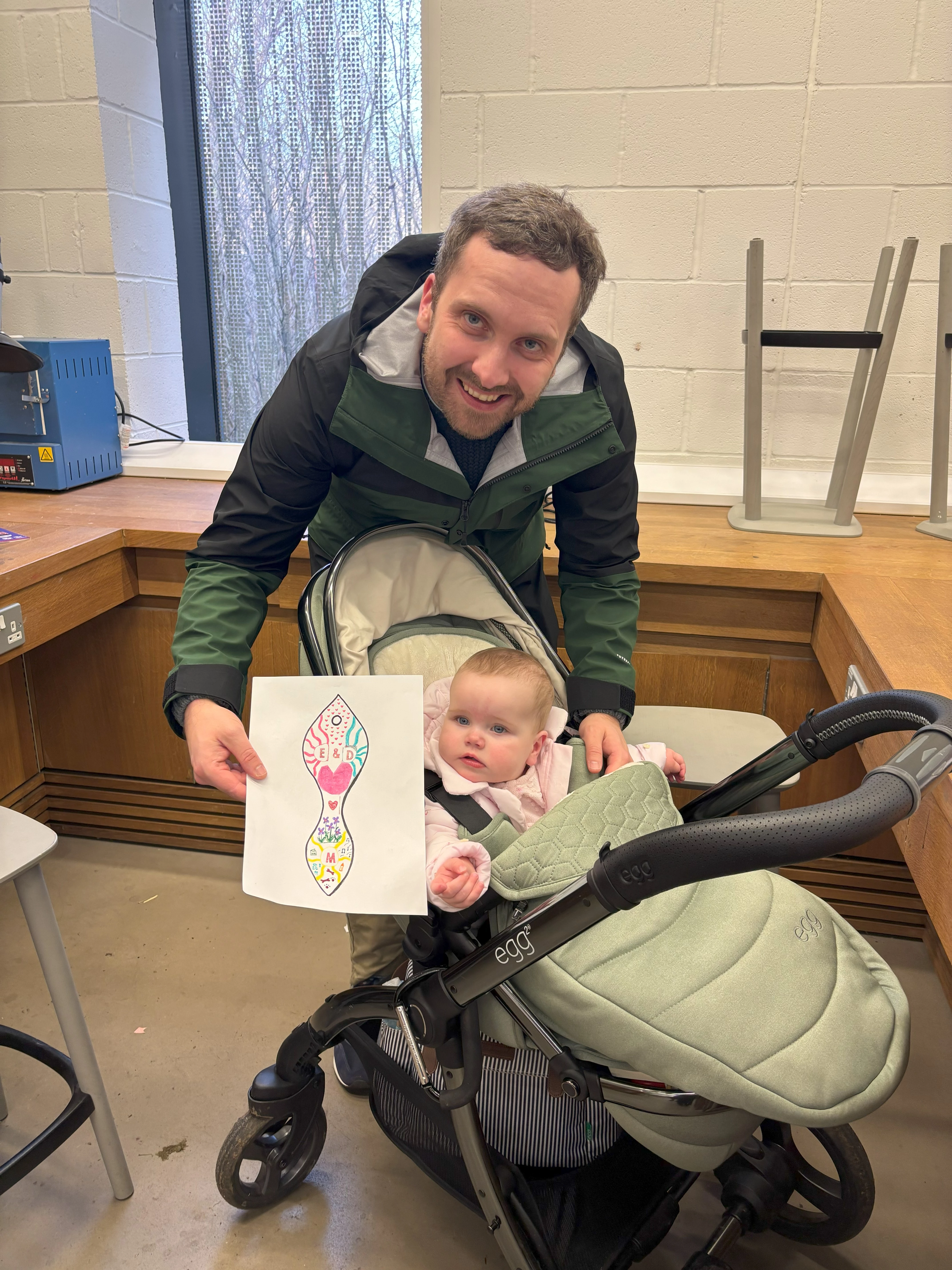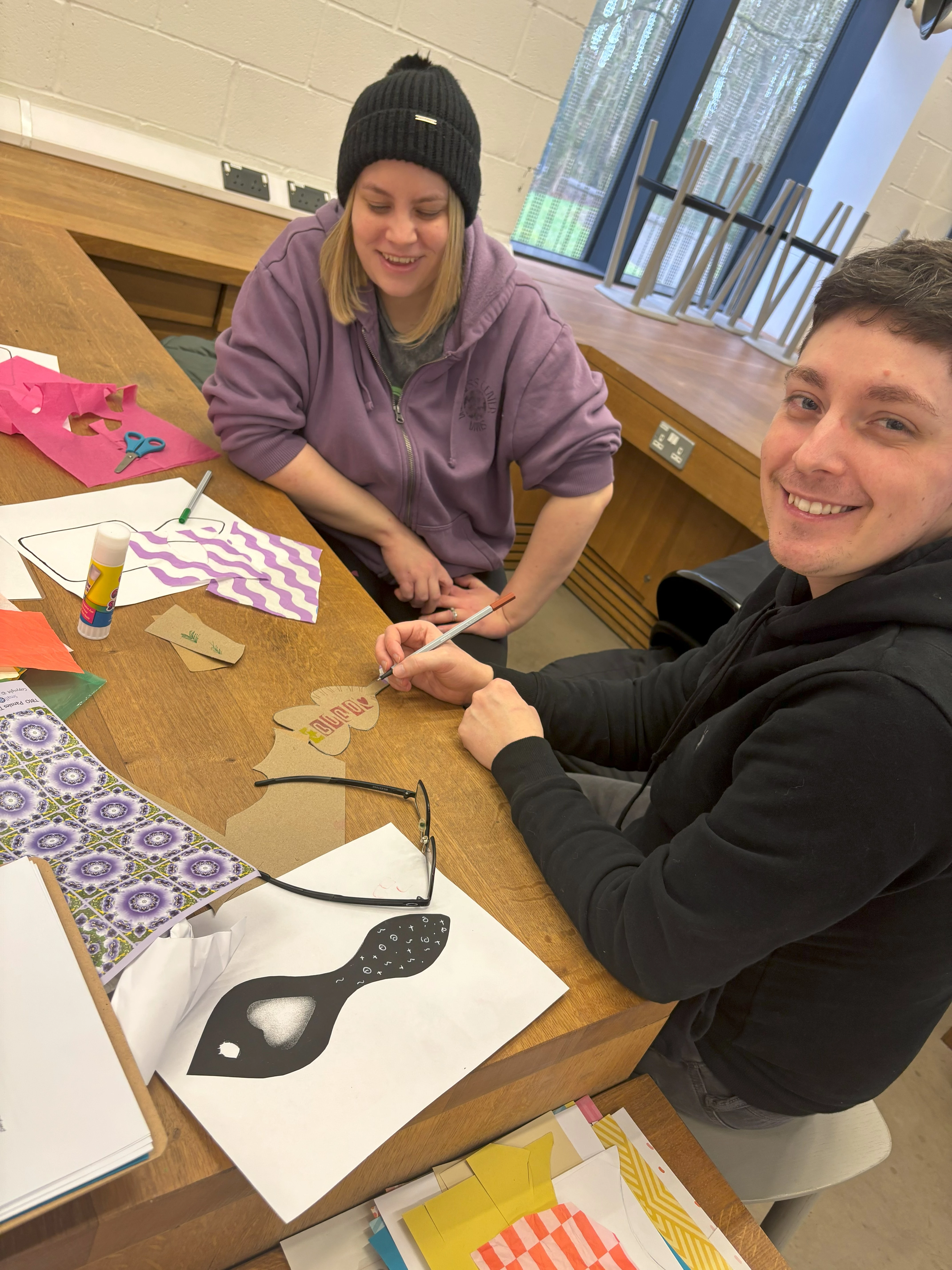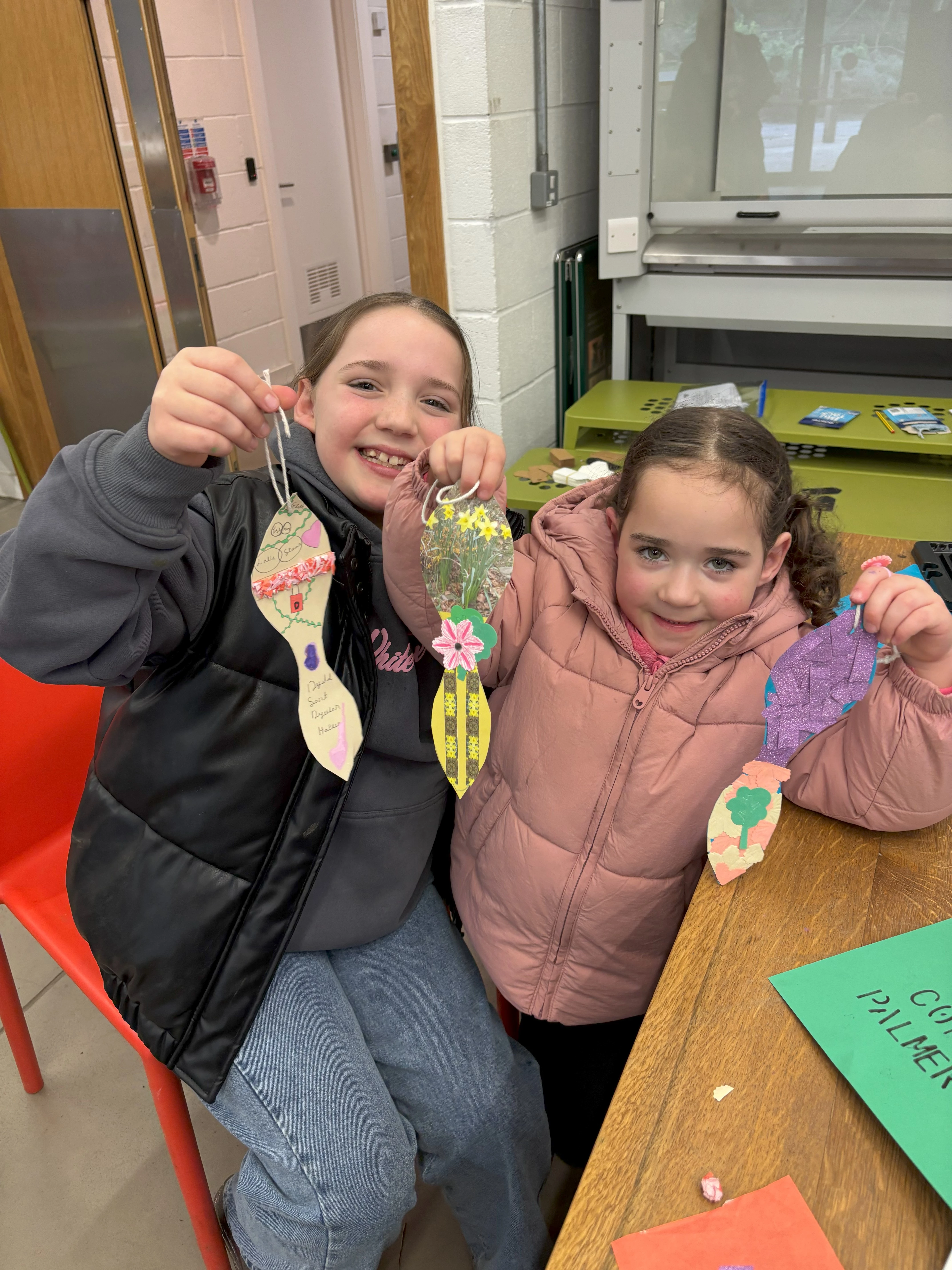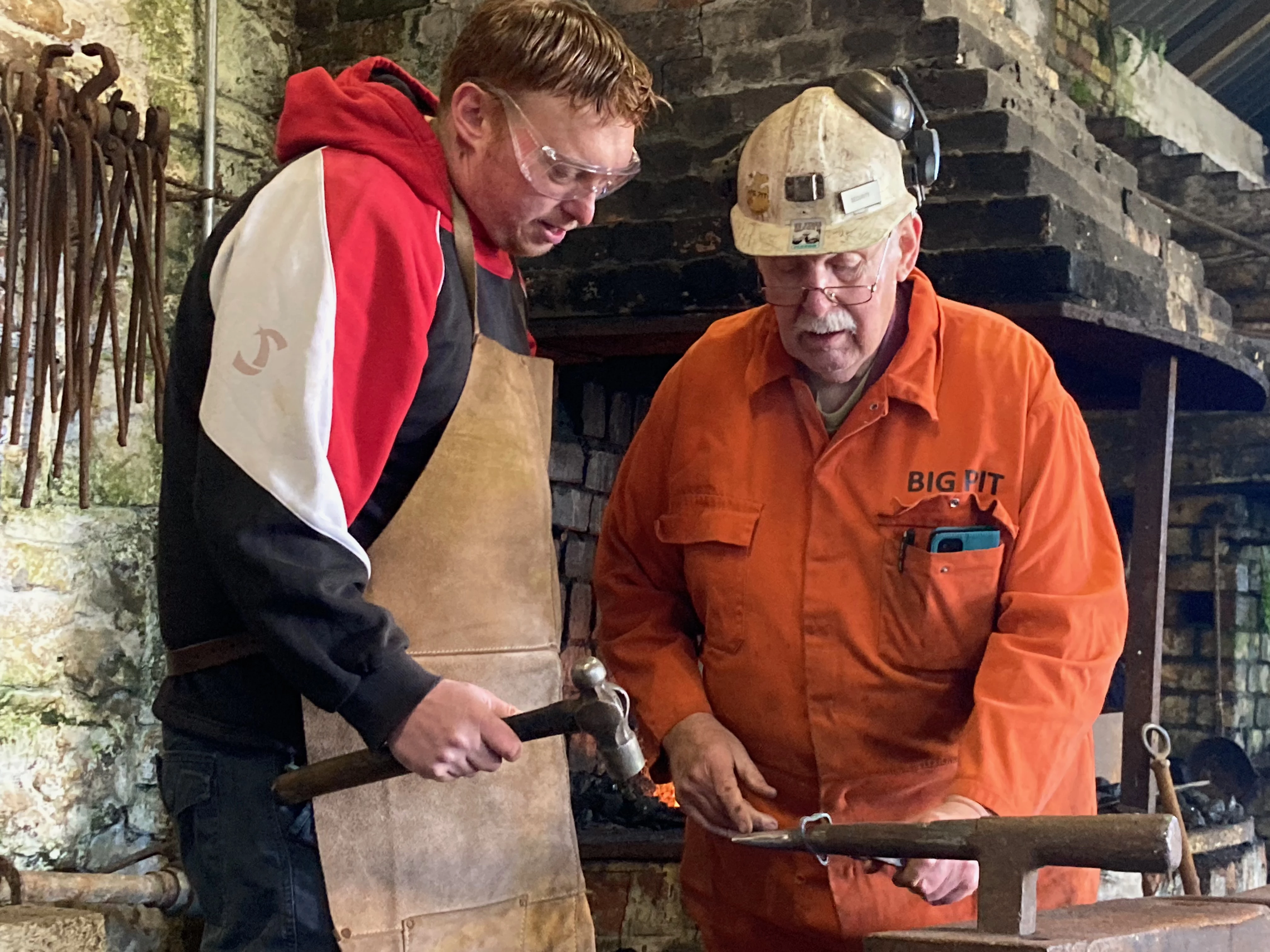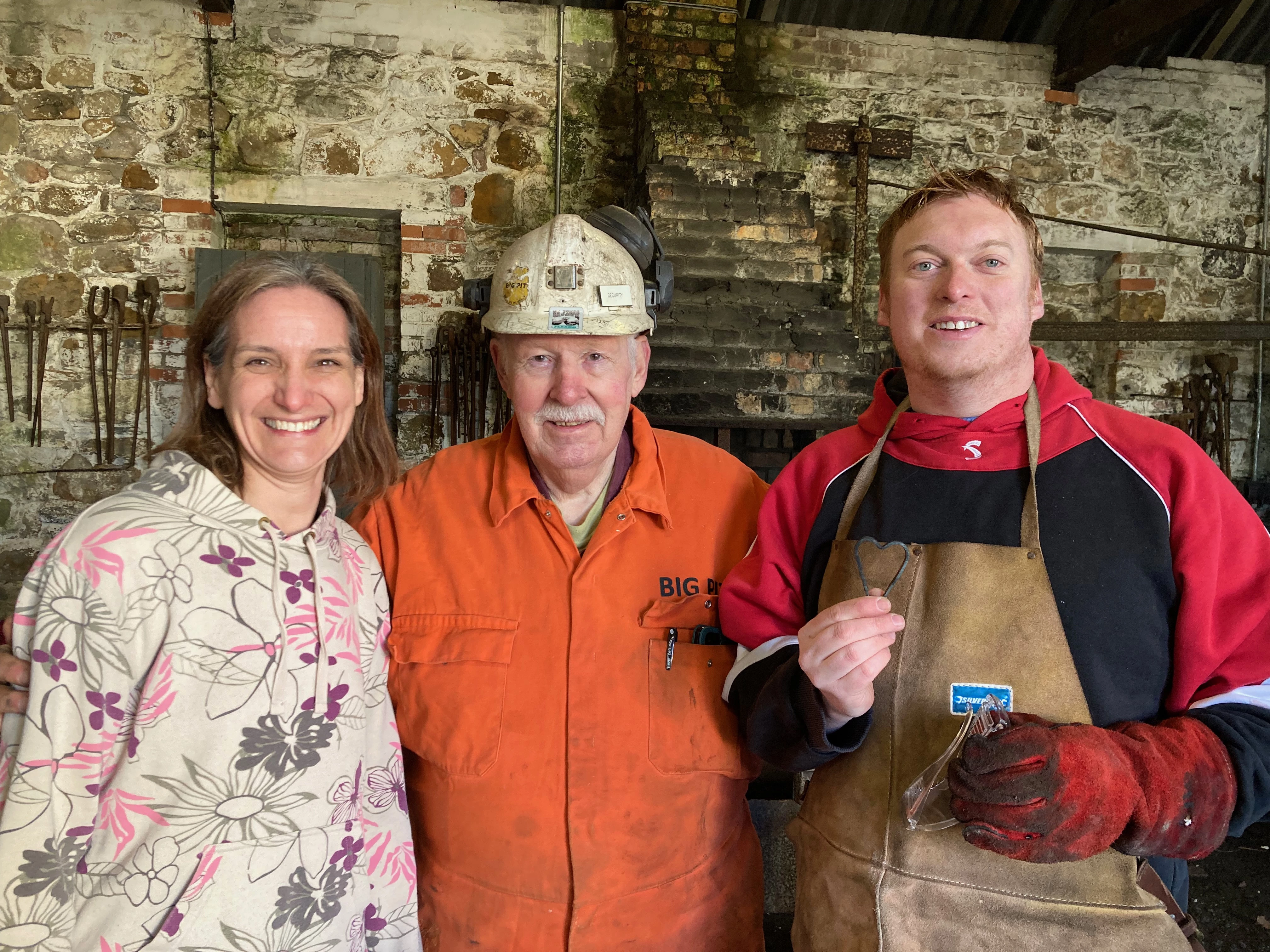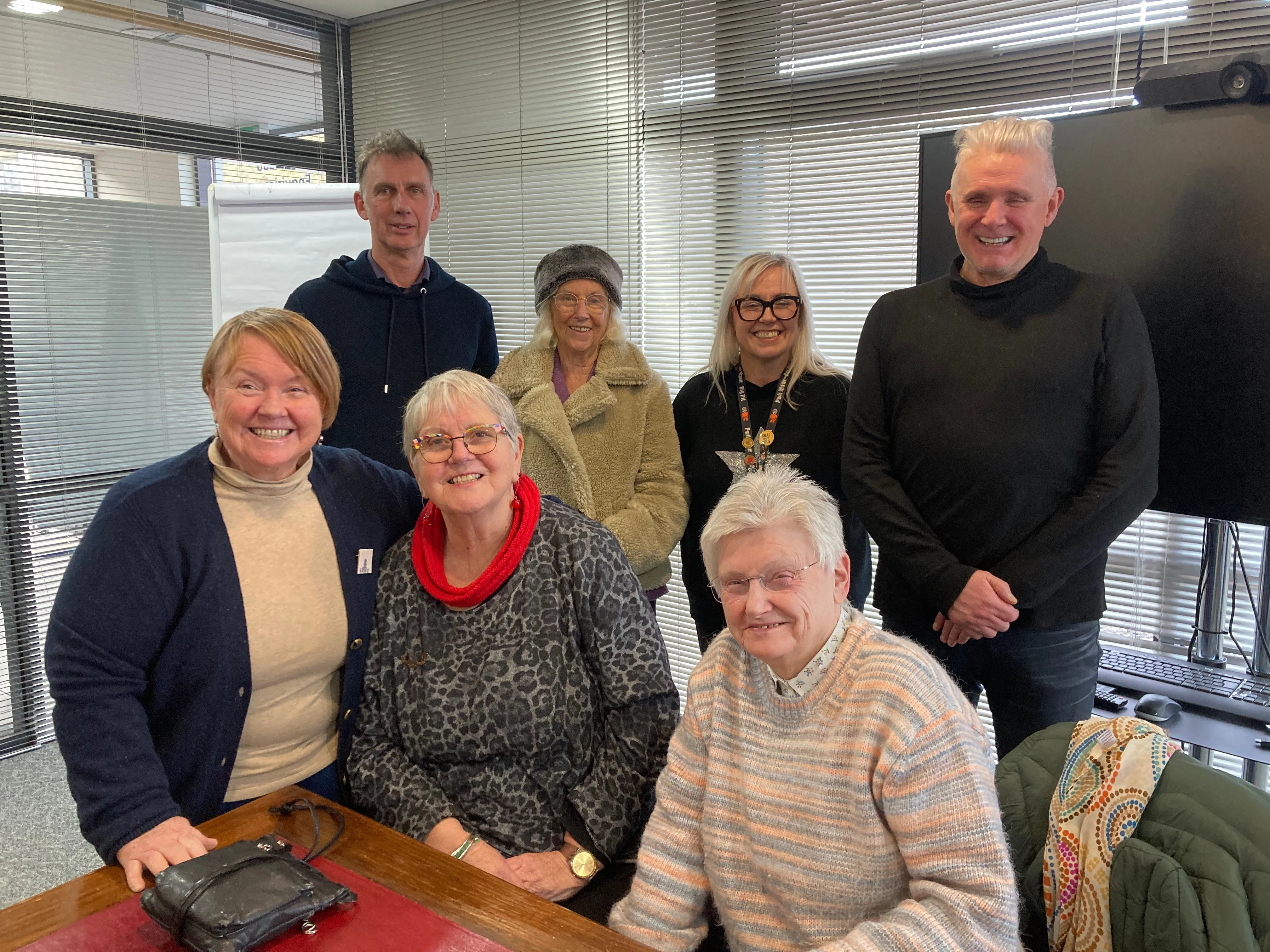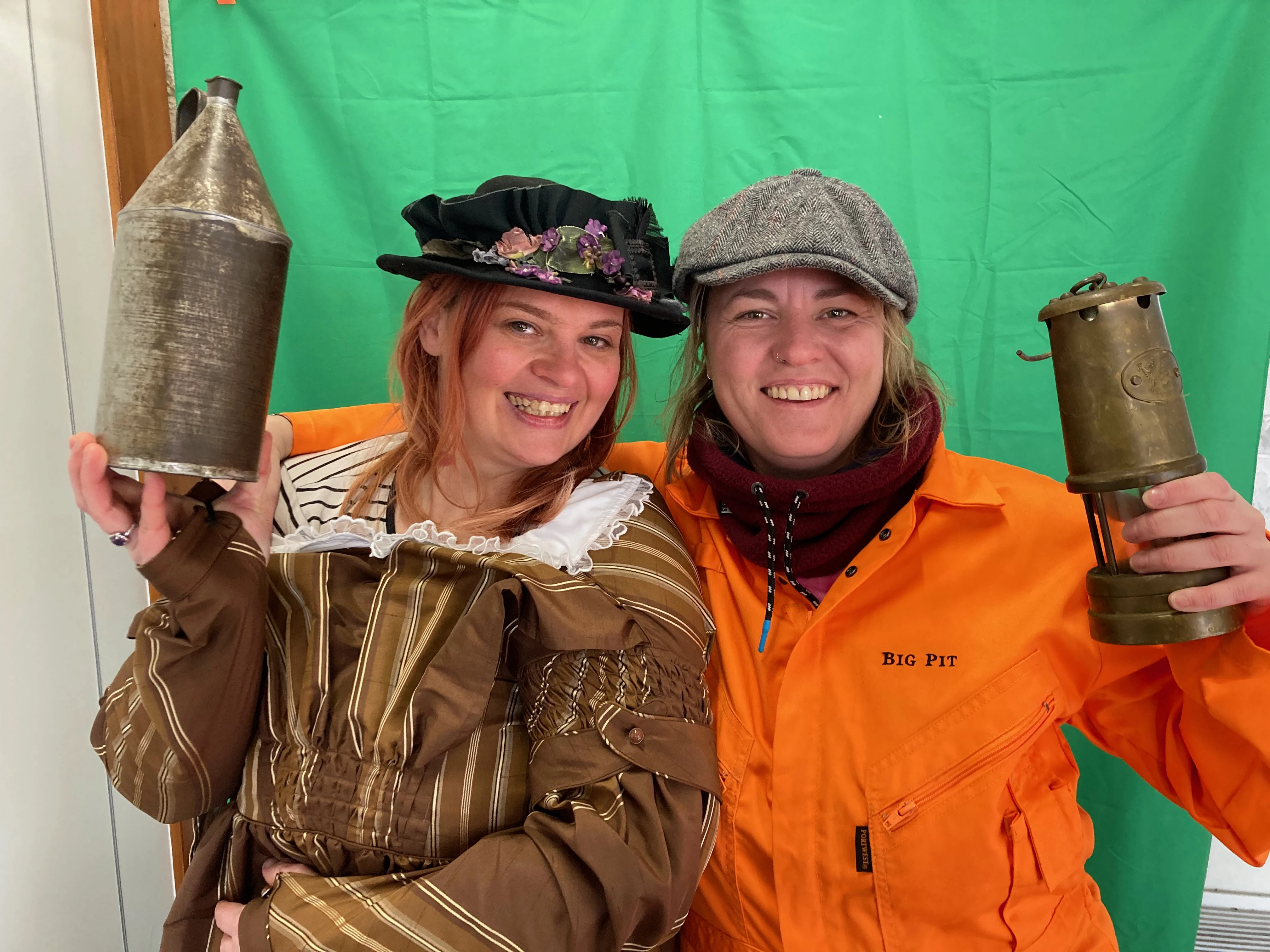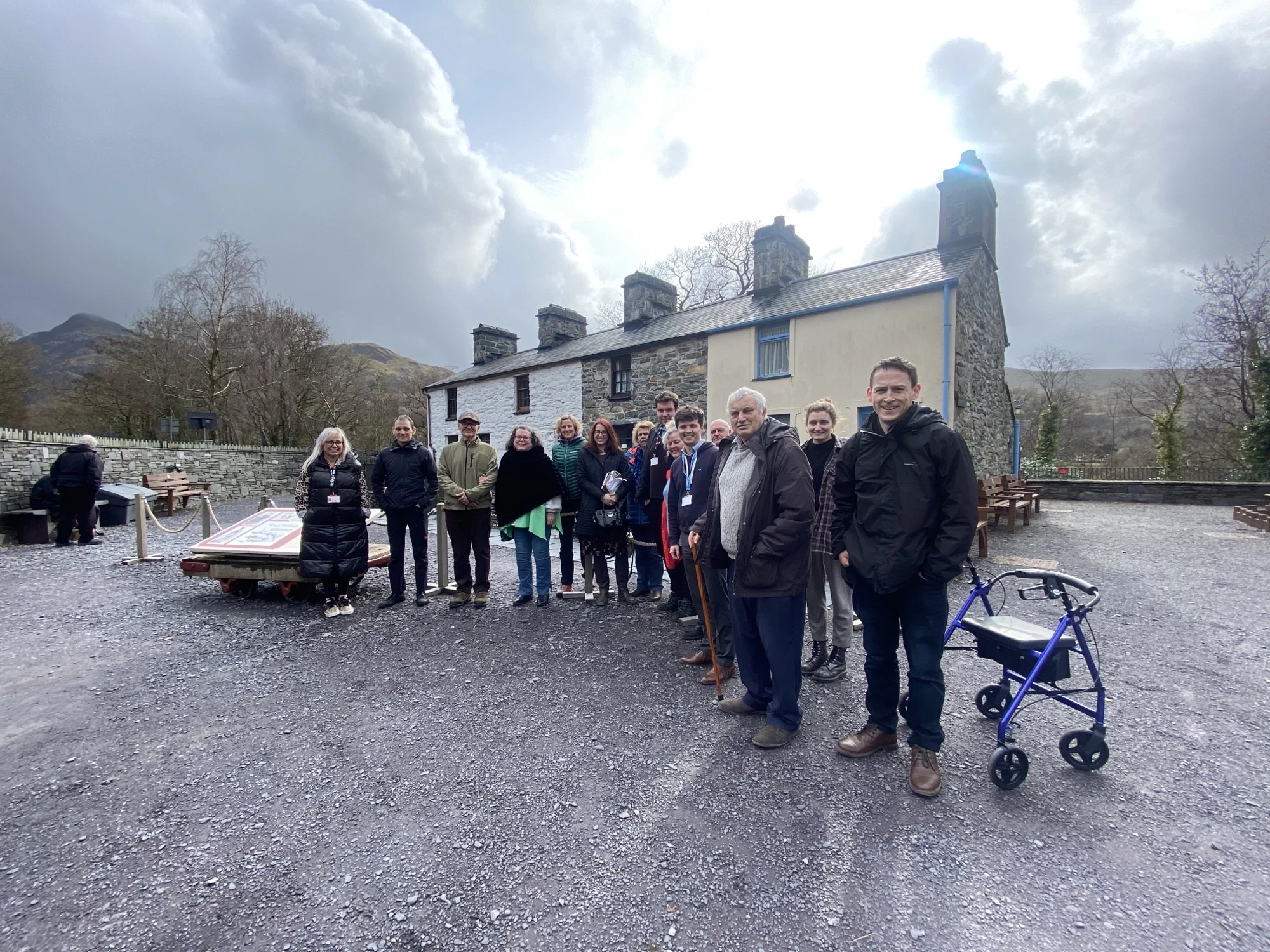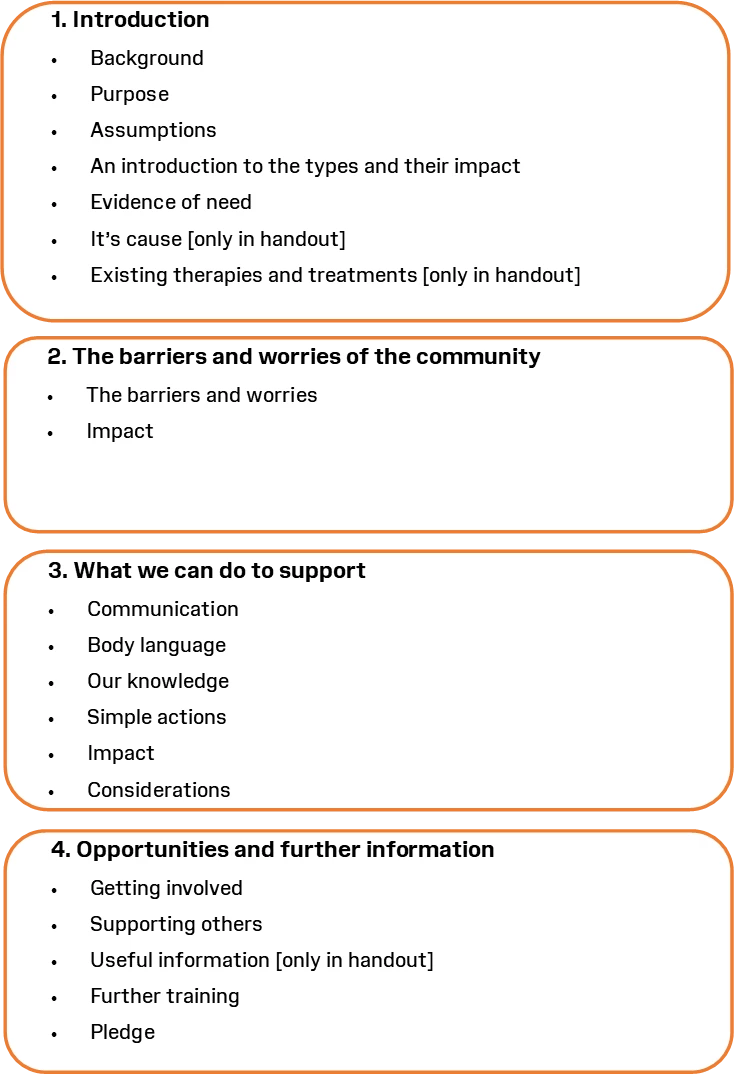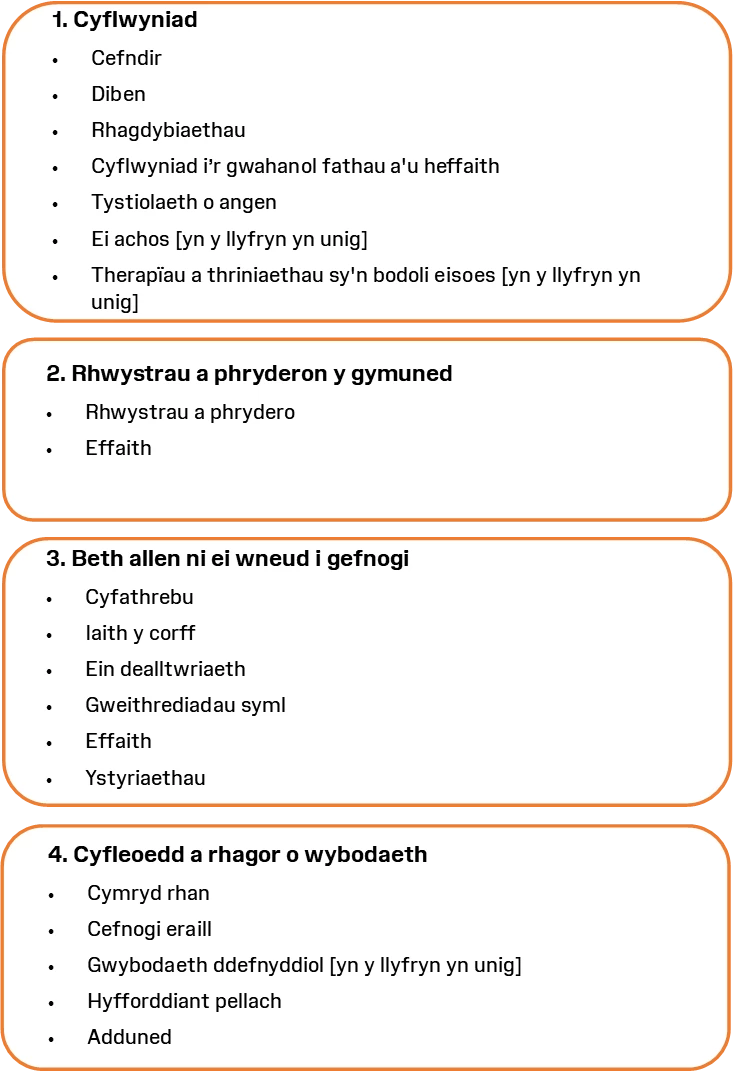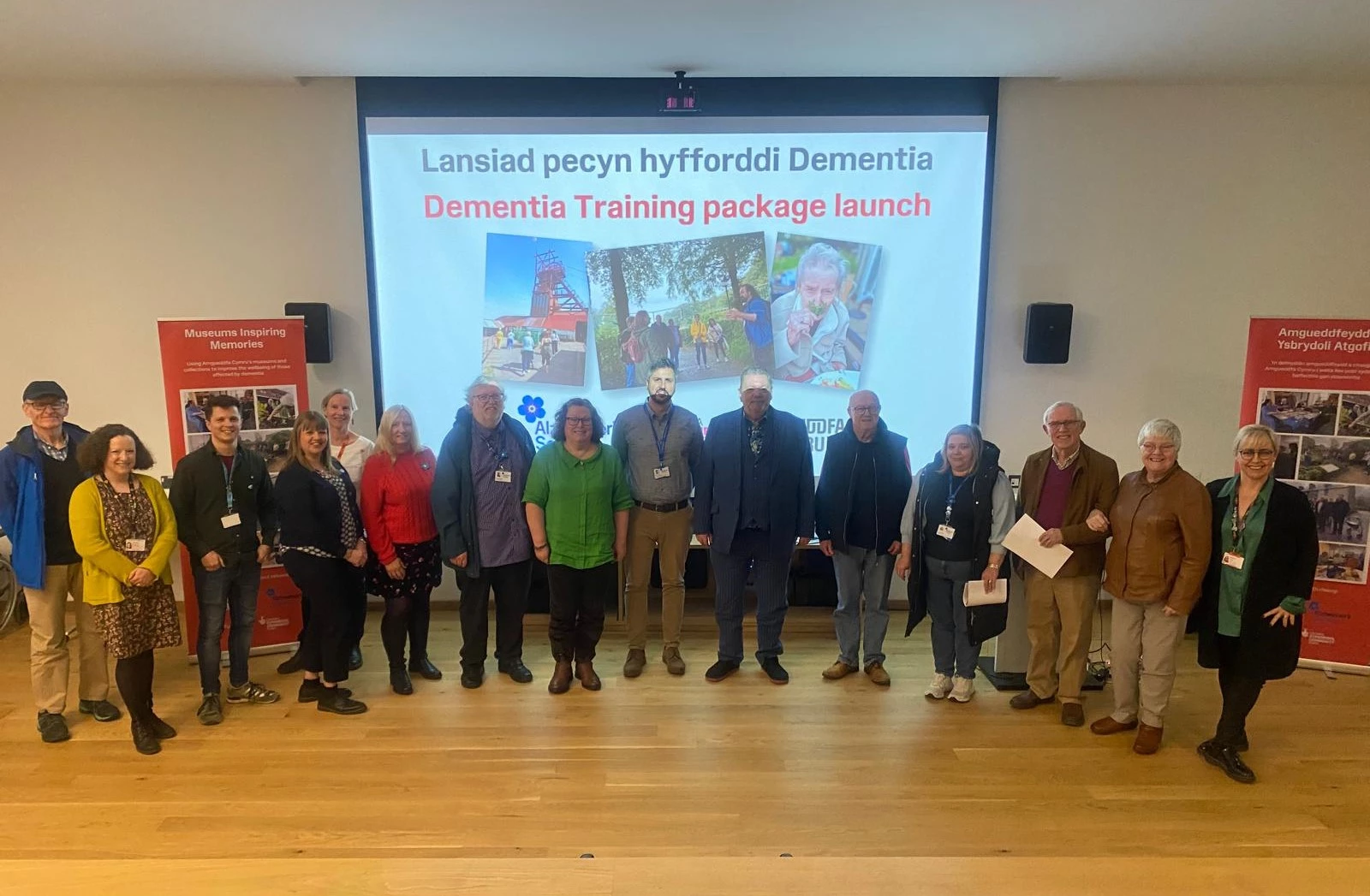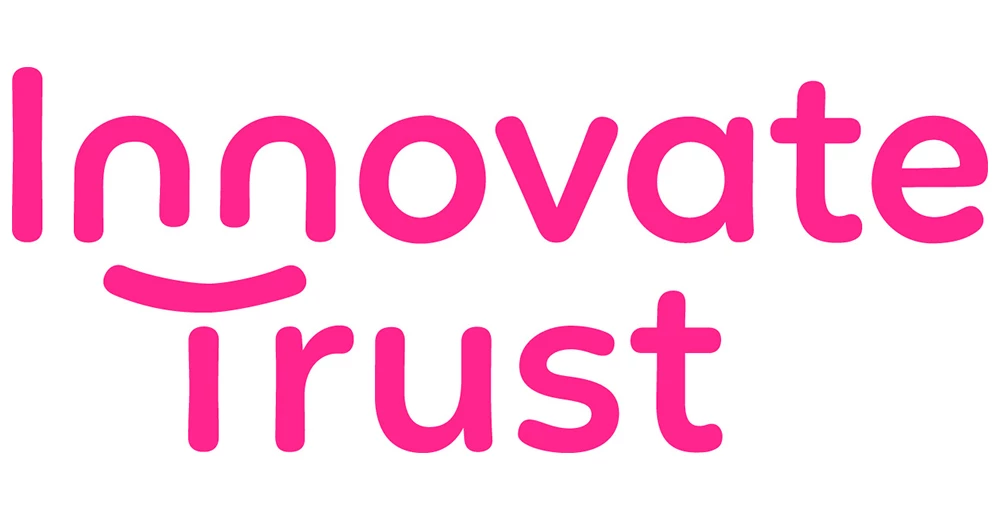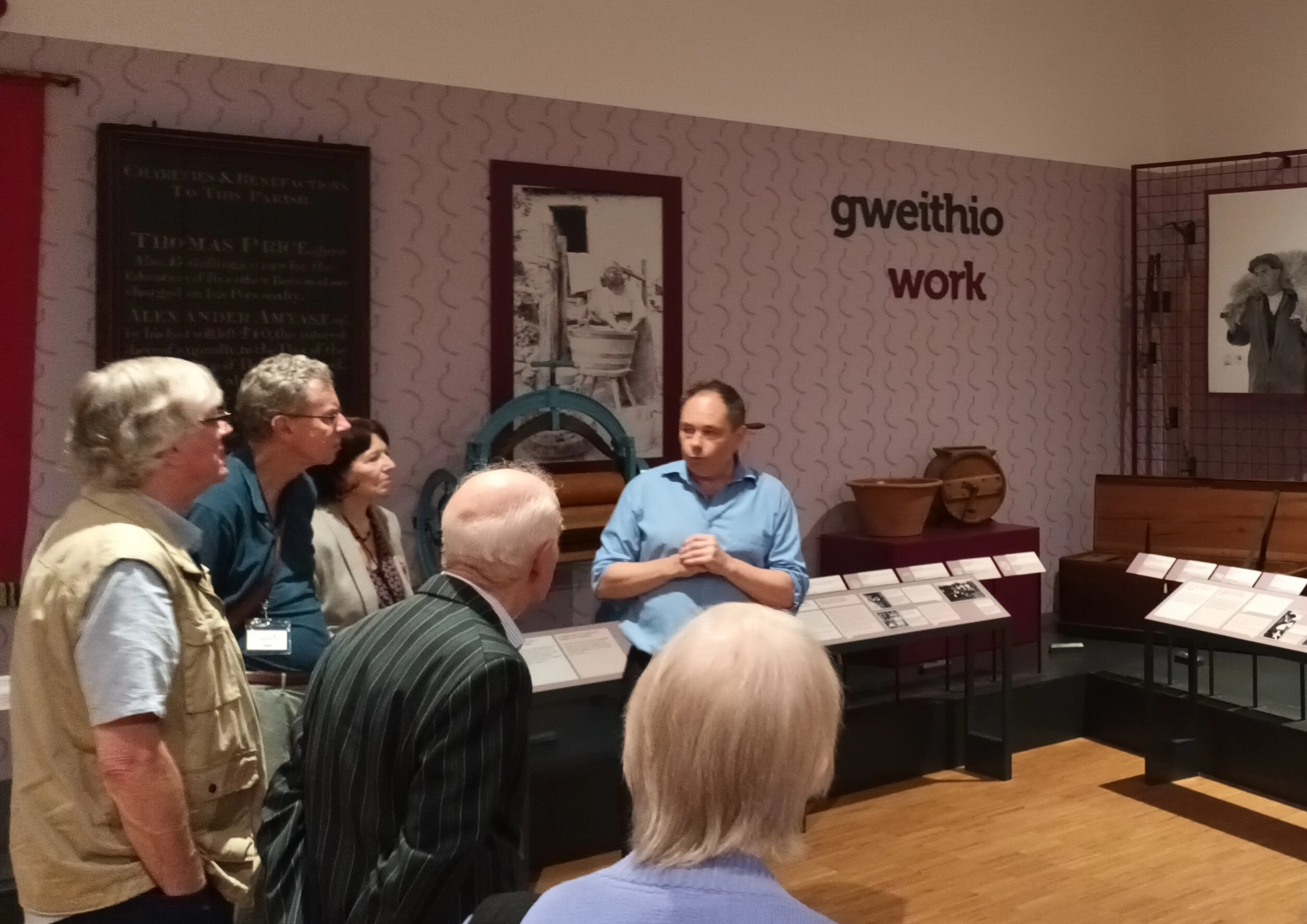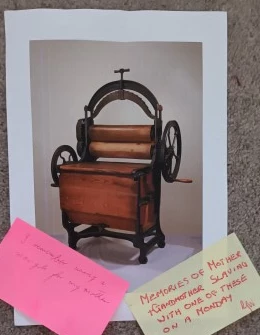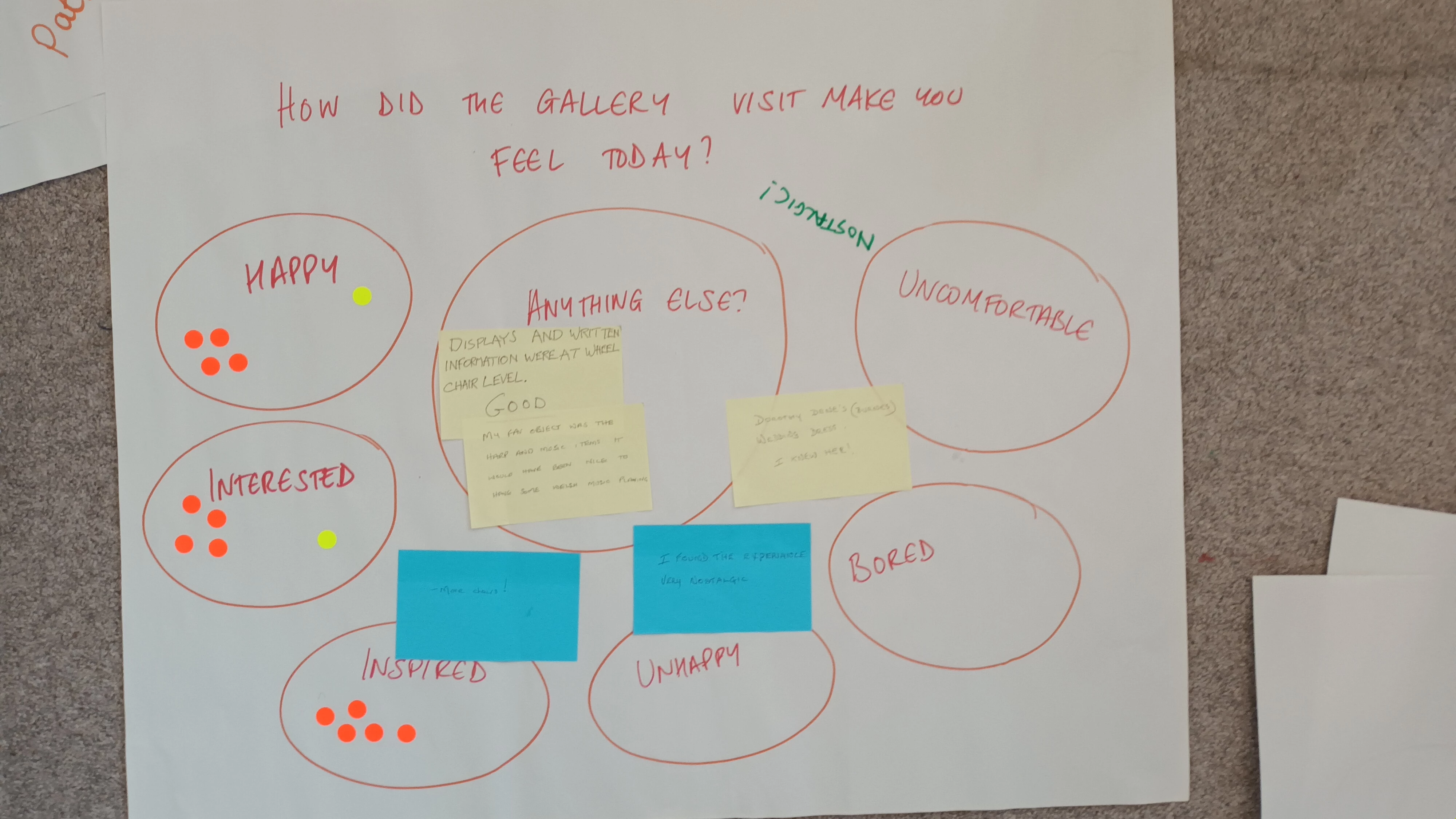A Guest Blog from the Cutting Edge Textiles Group: Showcasing Our Work at St Fagans National Museum of History
, 13 May 2025
After a year (2024) of creating incredible St Fagan’s inspired textile and mixed media art Cutting Edge members gathered at the Gweithdy Gallery, St Fagans National Museum of History on 25th & 26th April to exhibit their work and to provide craft and sewing activities for visitors in celebration of Global Intergenerational Week. And what an awesome two days it was!
Visitors were delighted to be able to view the exhibits close up and to read the workbooks describing how the project developed over time. They were also delighted that they could join in the various activities and we received lots of feedback over the two days, both in conversation and the Visitors Book. Here's a taste of what people said:
“As a fellow quilter and textile artist it is lovely to go out and see everyone’s work. Congratulations." Lesley , Higham Quilters, Gloucester
“Very impressive to see such a stunning piece of local inspiration and imaginative work” Byron family
“Fabulous exhibition. Well done all. Thank you for making us feel so welcome“ Sue & Vicki
The children tried out most things from colouring to stamping and sewing, which seemed to be a crowd pleaser. After colouring a picture on fabric many were eager to have a go at sewing and soon became hooked!
One little girl drew a large letter E on a textile square and began sewing it. She was disappointed to be dragged away half way though, but took some threads to finish it at home. However, later in the day she reappeared to pick up some more thread as she had run out of one of the colours. She must have found a little corner on her travels around the grounds to continue her sewing!
The adults enjoyed the sewing too!
The group from Pontadawe stitch group thoroughly enjoyed making brooches and owls:
“What a wonderful exhibition, so inspiring. Thank you for my owl/penguin. I love him! You are all a lovely bunch. Diolch yn fawr I chi gyd“!" Glenda , Stitch Pontadawe.
“What a lovely event. Thanks for the brooch kit. I really enjoyed making it. All lovely friendly people” Dawn
Plenty of owls appeared thanks to Carol. They were so popular that she had to go home on Friday evening to prepare more!
“Thank you Carol for helping me make my owl!.
There was some great colouring and sketching going on. Pat's little leather bound sketch books were as popular as Carol’s owls. Not surprising as they were a fabulous little gift to take home.
“Lovely day out with lots of great crafts, the children really enjoyed themselves. Thank you so much"
The Cutting Edge members weren’t shy of immersing themselves in the activities either. They thoroughly enjoyed chatting to visitors too as it was an opportunity to pass on tips, advise and direct them to resources. One visitor was planning to repair altar cloths and was delighted to be introduced to another visitor who could help her find the braids that she needed.
Some feedback from the Cutting Edge group members:
“I enjoyed the afternoon. A lovely way to spend it. I loved looking at the exhibits again and had fun stamping!” Sally
“It was a fun day with so much interest and appreciation… met some lovely people, some commenting that they were inspired to try something creative themselves and very polite children who all said thank you for helping them. Loved it” Ella.
“What a lovely time spent today meeting visitors who were so interested in our groups work. So many were amazed at the range of different textile / art skills exhibited. My favourite moment though is the young boy in the photo above who was determined to stitch around his daffodils before leaving . So good to have had the opportunity to encourage the youngsters." Liz
“Such a great couple of days and so many people leaving inspired to carry on stitching." Eleri
The Monopoly quilt was popular and a number of suggestions were made for a permanent home for it, though many were of the view that it should stay at St Fagans.
“Fantastic range of work and skills. Really enjoyed the whole exhibition especially the Monopoly quilt." Lesley, Rhoose
Carol’s stitched family tree project was also popular. Carol was overwhelmed by the repose she received. As a result the seeds of a workshop are now forming!
Over the two days we welcomed over 650 visitors who came from near and far, some as far as the Netherlands!
Two Dutch ladies who visited wanted to buy pieces of our art work. When we asked what they were interested in they pointed to Dianne’s postcard and Monica’s Thomas the Taylor post card. The cards were gifted to the ladies and addresses were swapped with a promise from Monica and Dianne that they would post them a fabric postcard too!
A brilliant two days enjoyed by both visitors and Cutting Edge members alike.
A huge thank you to:
St Fagan’s staff member Loveday who went above and beyond to make sure that we had everything we needed. She even joined in and helped when we were very busy, which was really appreciated!
Jan’s husband Alan for taking photos for us. They are a fabulous addition to our album!
And an enormous thank you to all our amazing Cutting Edge members for their inspired pieces of work and dedication to make the two day event at St Fagans such a memorable occasion. You are all stars!
We held the event during Global Intergenerational Week which fell at the end of the Easter holiday. It certainly ticked all the boxes for intergenerational engagement as both children and adults went away happy and more confident with the new skills they had acquired.
“Fabulous exhibition and lovely to see the skills on show. Lovely initiative and great for children of all ages to experience”!
"Fantastisch!" Lia, the Netherlands
“Superb inspiring exhibition. I enjoyed the diversity too – patterns, stitch, water colours. Also enjoyed the hands-on activities. Relaxing and fun.” Gwynedd
“Such an excellent event, with wonderful pieces of work to admire and inspire! So kind and generous to supply everything for the intergenerational projects we did” Caroline
“Excellent exhibition. Lovely talented ladies”
Following the event, we were delighted to receive the image of the event sent by Mike who is a member of the St Fagans Sketching Group. He visited on the Saturday and sat quietly in the corner sketching the scene before him. He thought our work, like his, was amazing:
“I had the opportunity to visit the exhibition of members work from the Cutting Edge Textile Group at St Fagans. It was a beautiful day, and the event was very popular with families enjoying the last of the Easter holidays. There were lots of fun activities for children and adults. I was encouraged to visit the Cutting Edge Textile group exhibition to see what they do by a member of the CE group who attends the St Fagans Sketching Group. The answer is a lot and to a very high standard too! Everyone was so kind in sharing their work. I have got loads of ideas and tried to capture the event in my sketchbook” Instagram @mikelinewalker
End note:
Monica posted a fabric postcard to one of the Dutch women who visited our exhibition and surprisingly it arrived before she returned home to the Netherlands! This is the email Monica received from Thea:
“Dear Monica,
It was a surprise to find that the card you sent me has arrived already when I came home from my holiday tour through Wales.
It was very nice to meet you at the exhibition and that I was allowed to make a choice out of the cards you had made. All in all it was a very inspiring exhibition and I enjoyed it very much.
The cards I will show tomorrow to the members of the quilt club I join and I am sure they will love them as well. I still have to find a nice place to put them. It will be in my house or in my school where I will enjoy looking at them, but I am not sure yet.
Best wishes, also to the other members of the Cutting Edge Textile Group
Thea“
To find out more about the Cutting Edge Group please visit: Cutting Edge | Sharing textiles knowledge, ideas and skills





